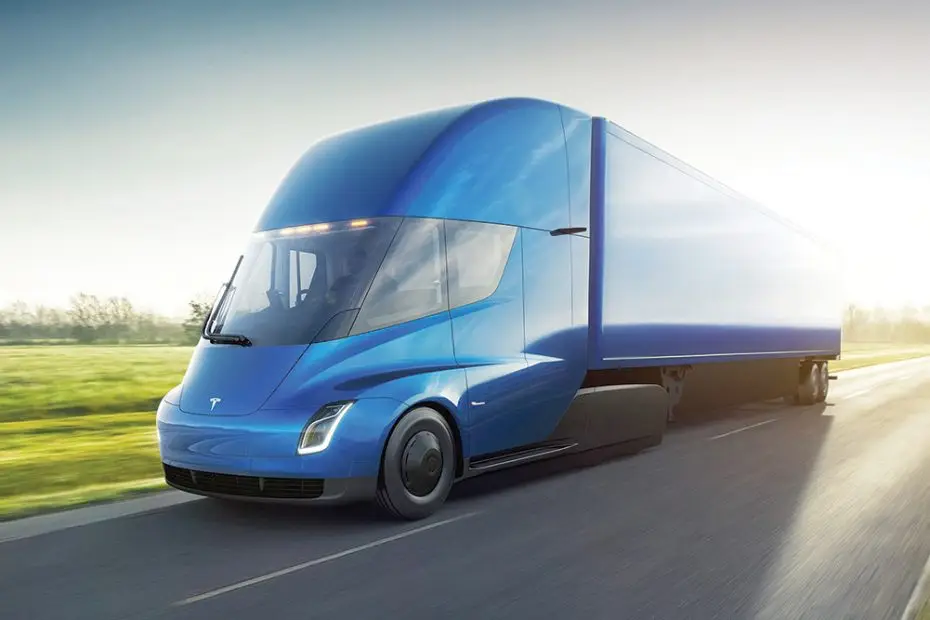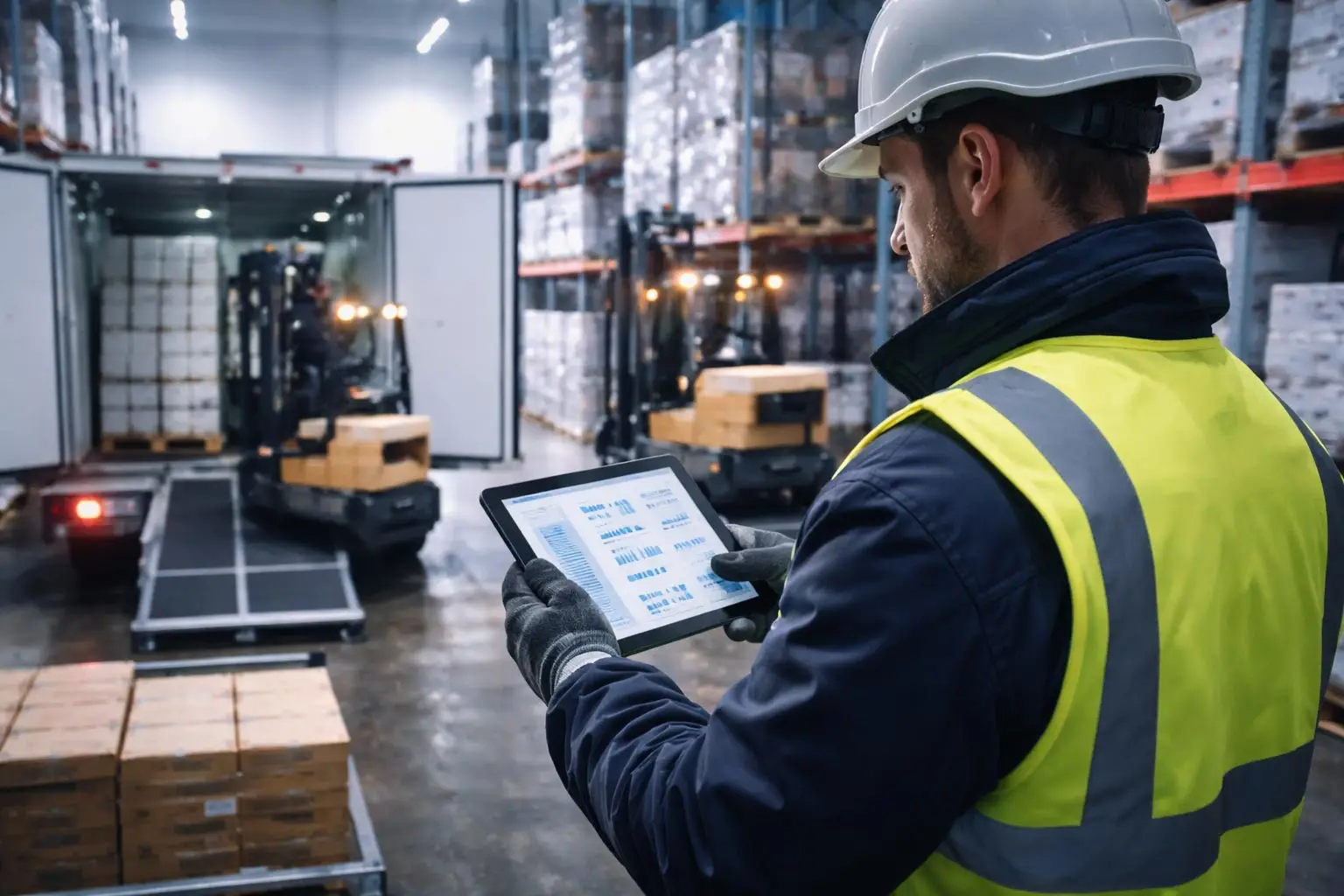It’s no secret here at ACIT, we are passionate about best practice in Refrigerated Trucking & Cold Food Storage – So what is the big deal of this new Tesla Semi? In this article we take a glance and ponder the question of whether we are on the cusp of seeing a new invention that will revolutionise refrigerated trucking.
We like the enhanced “Autopilot” features to help avoid collisions, and a centered driver position claiming to provide maximum visibility and control, and of course a low center of gravity for rollover protection. Then there are the two screens on wither side of the driver, oh glorious screens with all that data. Although there have been delays in first deliveries of the Tesla all electric Semi to 2021, there is a feeling of change in the air. Tesla Inc. pushed back first deliveries of its Semi commercial tractor into next year, making the truck two years behind its original schedule.
The Official Spin
Tesla says the battery for its Semi electric truck would charge in just 30 minutes with enough electricity to last 640 kilometers. Furthermore they claim the truck would have a maximum distance of 800 kilometers and be able to accelerate from 0 to 100 kilometers per hour in 20 seconds with 40 tons. Tesla plans to sell two versions of the Semi.
It has announced an “expected” US $150,000 base price for the model with a 300-mile range. That jumps to US $180,000 for a truck with an expected 500-mile range. Tesla unveiled the prototypes of the truck back in 2017. Elon Musk said work on what he described as a “longhaul electric, platooning-capable autonomous truck” continues to advance.
Public Reception
Tesla has received several large pre-orders and follow-on orders for the Semi, which has been testing on public roads for several years. UPS shipping is looking to put 125 Semi’s into service as an initial test. PepsiCo has ordered 15 Semi’s to use at a Frito Lay facility in Modesto, California. Anheuser-Busch said it has 40 Semi’s on order as part of a companywide strategy to employ cutting-edge technology such as autonomous trucks and to reduce its environmental impact.
What do you think, will we continue to see engines powered using natural gas as a bridge for long-distance trucks? Or is all electric here to stay?



